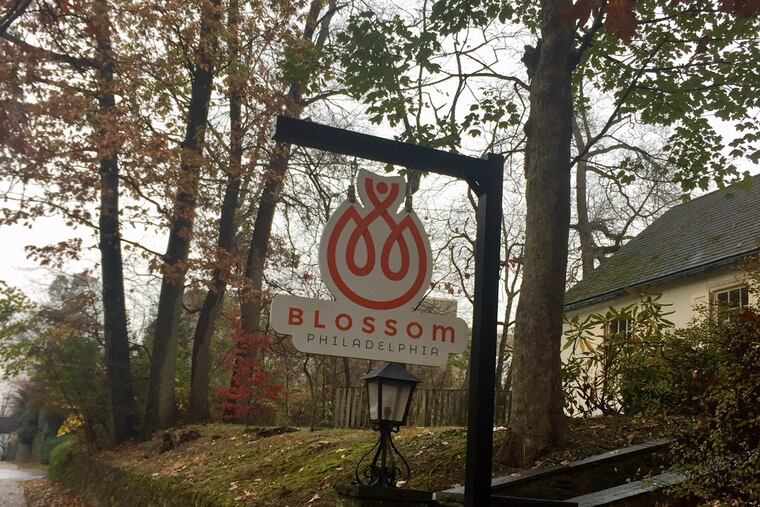Pa. report says structural problems in oversight led to Blossom Philadelphia failure
An internal Pennsylvania Department of Human Services analysis of what led to the termination of Blossom Philadelphia's group-home license described a system in disarray and with gaps in responsibility that leave families and individuals dealing with intellectual and developmental disabilities lost among administrative silos.

A Pennsylvania Department of Human Services analysis of what led to the termination of Blossom Philadelphia's group-home license described a system in disarray with gaps in responsibility that left families and individuals dealing with intellectual and developmental disabilities lost in administrative silos.
"There is no entity with responsibility to resolve problems for individuals and families," the department's undated root-cause analysis said. The Inquirer obtained the report from the department this week. It also blamed a lack of communication between service providers, organizations that coordinate supports for individuals, and county administrators.
Critics blasted the assessment as a superficial deflection of responsibility from the state human service department's Office of Developmental Programs, or ODP, which revoked Blossom's license in October after finding "gross incompetence" in the Chestnut Hill agency's management of 32 group homes with 89 residents at the time.
Advocates rejected the contention that communication was a problem, asserting that state officials knew for many months of mounting problems at Blossom, formerly called the United Cerebral Palsy Association of Philadelphia.
"This is a pitiful response to a very serious set of transgressions," said Marianne Roche, a former director of developmental disability services for Montgomery County. "Providers bill to the state treasury as a function of their contract with ODP. The buck falls with ODP, who also, by the way, received all the incident reports by requirement. But the root cause analysis would lead you to believe that they have not an iota of responsibility."
Nancy Thaler, deputy secretary for the ODP, said her office had already implemented numerous changes, including a requirement that county intellectual disability officials meet on a regular basis with support coordinators to collate findings on providers like Blossom, rather than focusing solely on individuals. In the case of Blossom, "they did not see the forest for the trees," she said.
The state's quality management system has been changed to monitor ownership changes, staff turnover rates, and key staff changes. A new requirement, effective July 1, for being licensed as a residential services provider is "that senior managers have five years of experience running residential services," Thaler said. Blossom's former chief executive, Paula Czyzewski, was new to residential programs.
The analysis included a list of seven "local action items," including an improved "orientation and mentoring process for supports coordinators," individuals who help design service plans for participants and monitor individuals to see if providers are meeting their needs.
Advocates were particularly irked by the focus on supports coordinators. "They are not responsible for providers. They are responsible for whether individuals' needs are met," said Kathy Sykes, former director of intellectual disability services in Philadelphia.
The state brought in four new providers to take over Blossom's properties, but in the chaos one long-term Blossom client, Vincent McNamara, died on New Year's Eve after being given pizza to eat even though he was supposed to have only soft or pureed foods.
One of Blossom Philadelphia's remaining programs, an adult day program, has been operating on a provisional license since February.